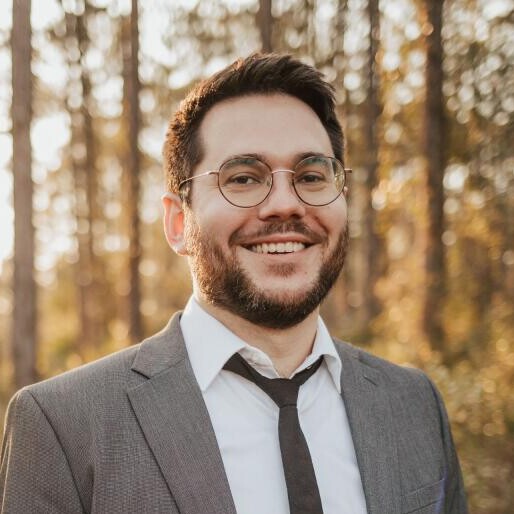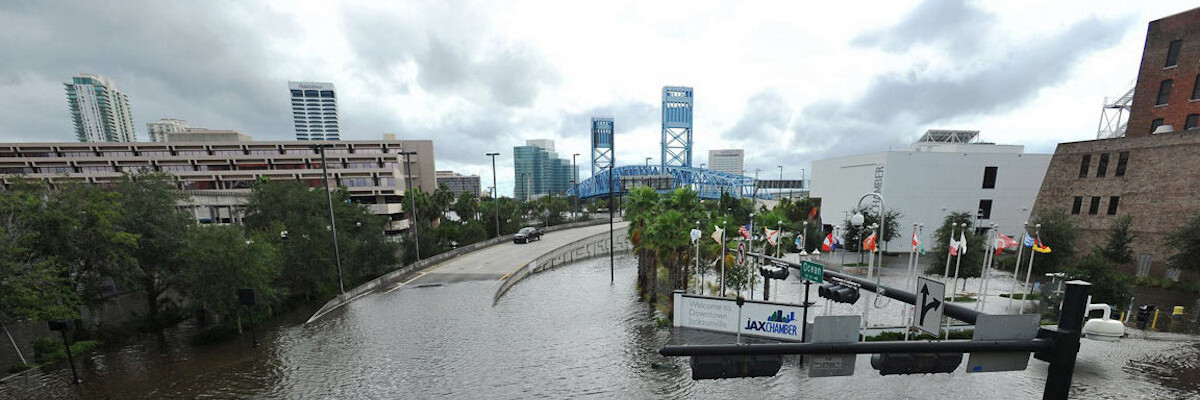Adam Rosenblatt is an assistant professor of biology at the University of North Florida
Tell me about the letter you and other scientists at UNF, Jacksonville University and Florida State College at Jacksonville recently wrote to city leaders.
My colleagues and I wrote asking the City Council and Mayor Lenny Curry to prioritize developing a climate action plan. We presented a case about why Jacksonville is vulnerable, and we said, “If you want to develop a plan or hire a chief resilience officer for the city, we would be more than happy to provide you with information to help you make that decision in a responsible and effective way.”
Currently, Jacksonville’s the only major city in Florida that does not have a climate action plan, a sustainability action plan or a chief resilience officer.
I have not heard from the mayor. I have heard from two City Council members who are supportive. I’ve heard from a couple other City Council members who are acknowledging the issues we face but maybe aren’t excited about this specific idea.
“If there hasn’t been any conversation on climate change in Jacksonville for 30 years, then why would local politicians be paying attention?”
– Adam Rosenblatt, Assistant Professor of Biology, University of North Florida
Why do you think the city has been slow to take on climate change?
The city feels like it’s less vulnerable than places like Miami. Which is true.
Part of it is also, probably — as it is in a lot of parts of the country — wishful thinking: that if we just don’t talk about it, we won’t have to put any money toward it.
And politicians respond to concerns from their constituents and from local businesses. If there hasn’t been any conversation on climate change in Jacksonville for 30 years, then why would local politicians be paying attention? That’s why we’re trying to get this conversation moving.
What do you think people who care about these issues should do?
The most important thing is to talk to other people. Make sure your neighbors, friends and family understand why climate change is a threat and why we need to confront it head on and not hide from it. Of course, that goes hand in hand with educating yourself about climate change and what it’s going to do.
Number two is voting for people who care about climate change and see it as the very major issue that it is. And the third thing is trying to make personal life decisions that decrease your carbon footprint, like eating less meat, trying to drive your car less, trying to fly less.
But individuals’ choices are not the main problem, right?
Yes. We need large-scale, state, national and international government action to combat the issue and stop the worst effects of climate change from coming to pass. That involves voting for national politicians who care about climate change.
At the moment, the leadership of this country has made it very clear that they do not care at all about climate change. And that is putting us at a major disadvantage in relation to the rest of the world and for what future generations are going to face.
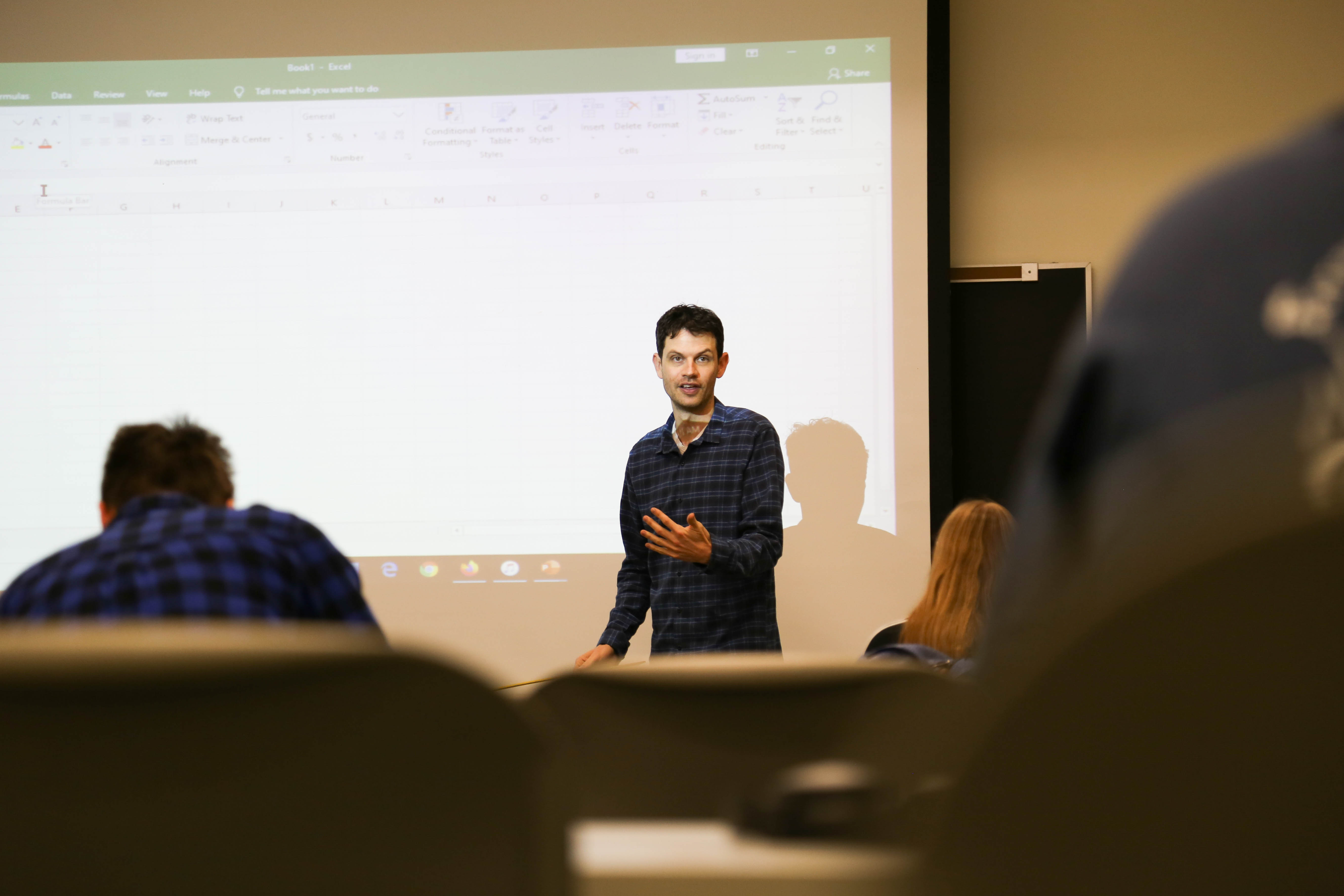
Tell me about your current research.
We’re trying to figure out, how do alligators and sea turtles’ eggs respond to climate change? It’s a really interesting question because in these reptile species, the sex of the offspring is determined by temperature. Whatever temperature the eggs are raised in, that’s going to determine whether they’re male or female. The concern is, as temperatures warm, that could bias populations towards one sex and throw off reproductive rates.
It’s been seen in places like Australia. Studies found, in sea turtle populations that used to be maybe 70% female and 30% male, now they’re moving toward 100% female. That’s obviously a big problem. If you have no males, they can’t reproduce.
What are the results?
We exposed a bunch of alligator nests to warming temperatures, and we found increasing the air temperature around the nest doesn’t have a big impact on the internal temperature, which is great because it means climate change is probably not going to affect the sex ratios of alligators.
The worrisome part is that we also exposed these nests to drought conditions because we know drought is becoming more frequent in North Florida. And what we found is massive egg mortality. Lots of eggs die if they are not in high humidity, high rainfall environments.
If the local alligator population suffers dramatically, what would it mean?
Alligators are the largest predators in Florida. Alligators eat anything they can fit their mouth around. They help regulate competition between different prey species: birds, fish, crustaceans, crabs, shrimp, all the different things that they eat. If you take the alligators out, what you’re doing is you’re taking away the check on those populations. One species that the alligator used to feed on could become dominant and outcompete all the other ones.
There’s an article you wrote in 2017 for the journal Ideas In Ecology and Evolution titled “Is It Possible To Make Environmental Science Relevant To Society At Large?” What motivated you to write it?
There’s no doubting the science of climate change anymore. It’s conclusive. Doing more climate science is not going to solve the problem. We need to convince people to take action. That was the motivation to write that paper. I wanted to see what can we do, as biologists, as climate scientists, to try to reach more people.
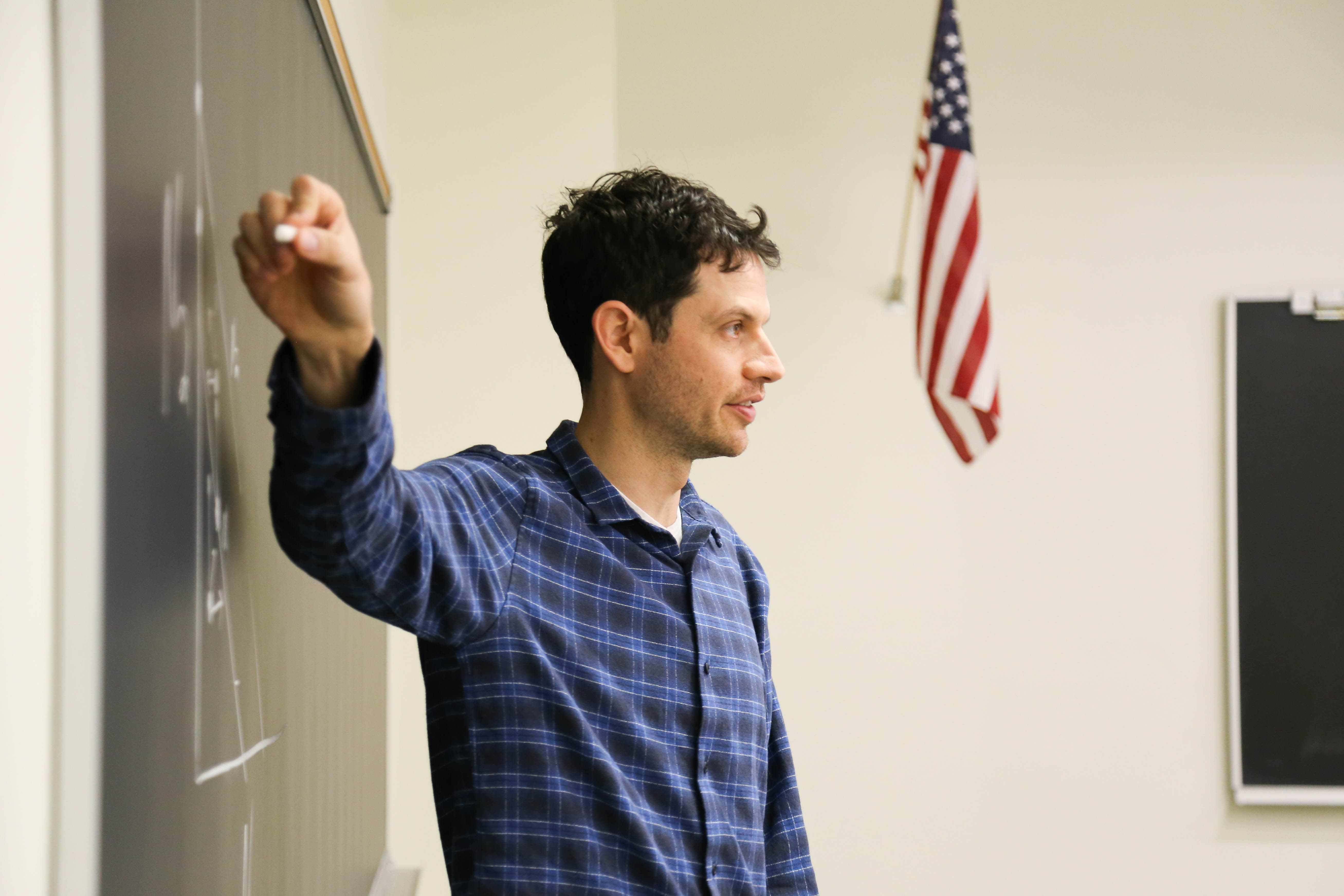
Still, you warn against presenting scientific knowledge as absolute. Why?
In the 1970s or 60s, there was a big story on the cover of TIME magazine where these climate scientists were talking about how there was going to be a global cooling event. And obviously, that didn’t come to pass. And then people are like, “Why should we ever trust them again?”
Good scientists never present their work as absolute. We present it in terms of probabilities. The problem is that lots of people are not well versed in statistics, and our brains are not really good at processing probabilistic scenarios. But we need to communicate the urgency. If you say that something is 90% likely to happen, it’s almost certain to happen.
Do you think the public seems uninterested?
It’s not that they’re uninterested. It’s that the denial of climate science has become a part of people’s identity. It’s incredibly difficult to change their opinion because if it’s part of your identity, it’s part of your worldview, it’s part of the community you live in, it helps you bond with other people. By trying to take somebody’s identity away from them, it’s like you’re trying to rip their life away.
So the key is, can we convince people it shouldn’t be part of their identity and that it is something that is going to impact their life negatively and that they need to prepare for?
And there have been concerted efforts to make this issue a political issue, which it is definitely not. It is a scientific issue.
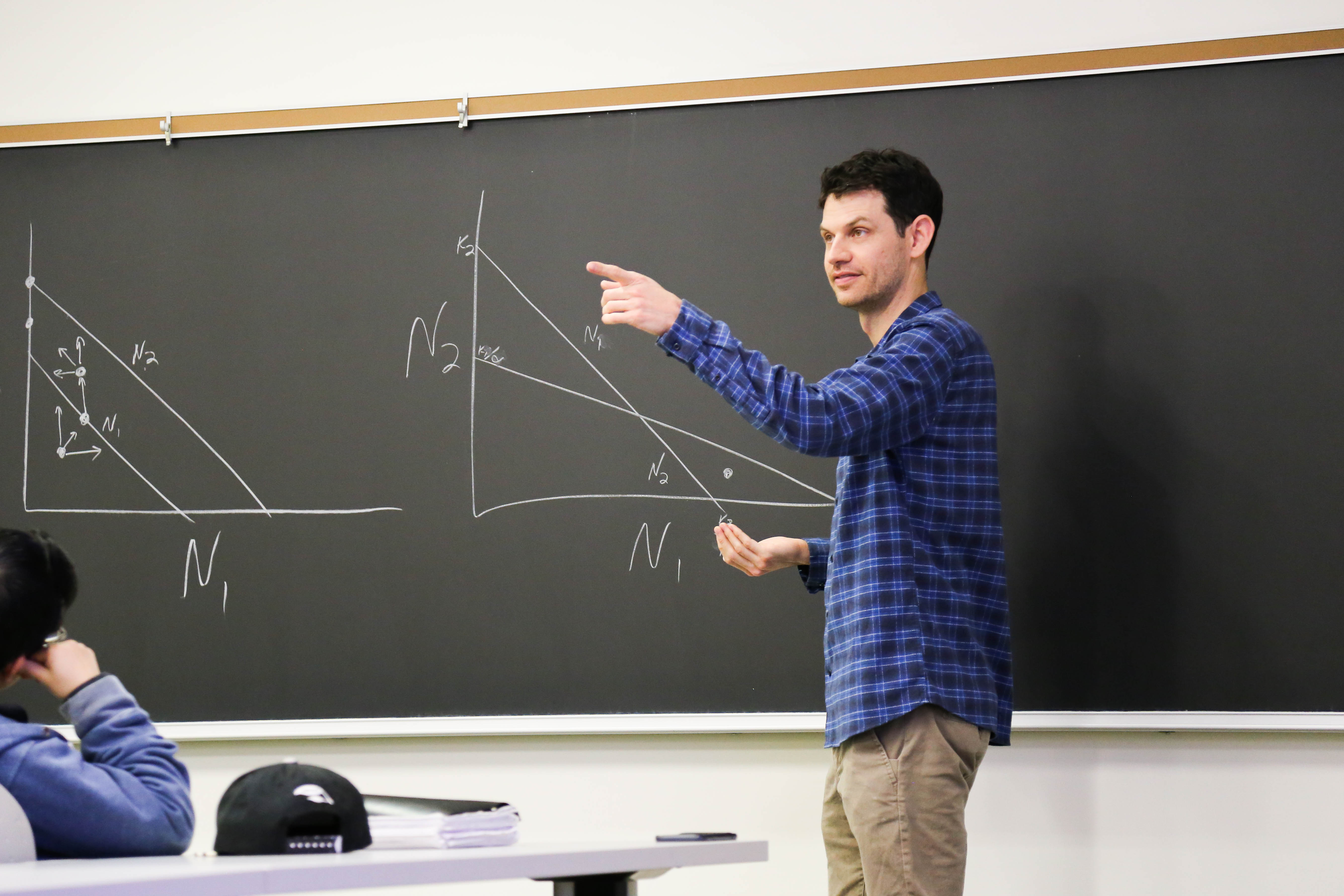
Tell me about the Citizens Climate Lobby and your role with the organization here in Jacksonville.
The oil and gas industry have been using lobbying for decades to try to stymie legislative efforts, and the Citizens Climate Lobby is trying to use lobbying to positively affect the conversation.
Citizens Climate Lobby helped develop a carbon pricing bill called the Energy Innovation and Carbon Dividend Act. It would put a price on carbon that would be paid by the oil and gas industry. The government would collect that money and then redistribute it equally to all American citizens as a rebate.
I helped co-found a chapter of Citizens Climate Lobby here in Jacksonville within the past six months. More than 300 people have joined.
We’re trying to meet with senators and representatives, and to get local leaders on board. A lot of times politicians are not going to support anything unless people who have influence in a community also support the bill, so we’re talking with religious leaders, with the business community, with everyday citizens here in Jacksonville.
What is the ultimate goal of the Energy Innovation and Carbon Dividend Act?
There was a recent study of the bill by economists at Columbia University. They concluded that it would bring down carbon emissions in the United States by 40% by 2030, which is massive.
For most Americans, it would not harm them financially. In fact, lower-income and middle-income Americans would come out on top. They would get more money back from the program than they would see in price increases on gasoline and other fuel.
This Q&A has been edited and condensed for clarity and brevity.







